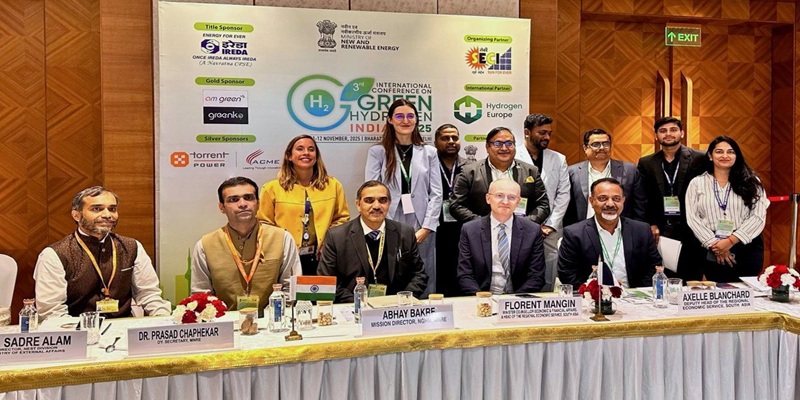Schedule a Call Back
India's toy exports slip to $152.34 mn in FY23-24; GTRI report
 Articles
Articles- May 08,24
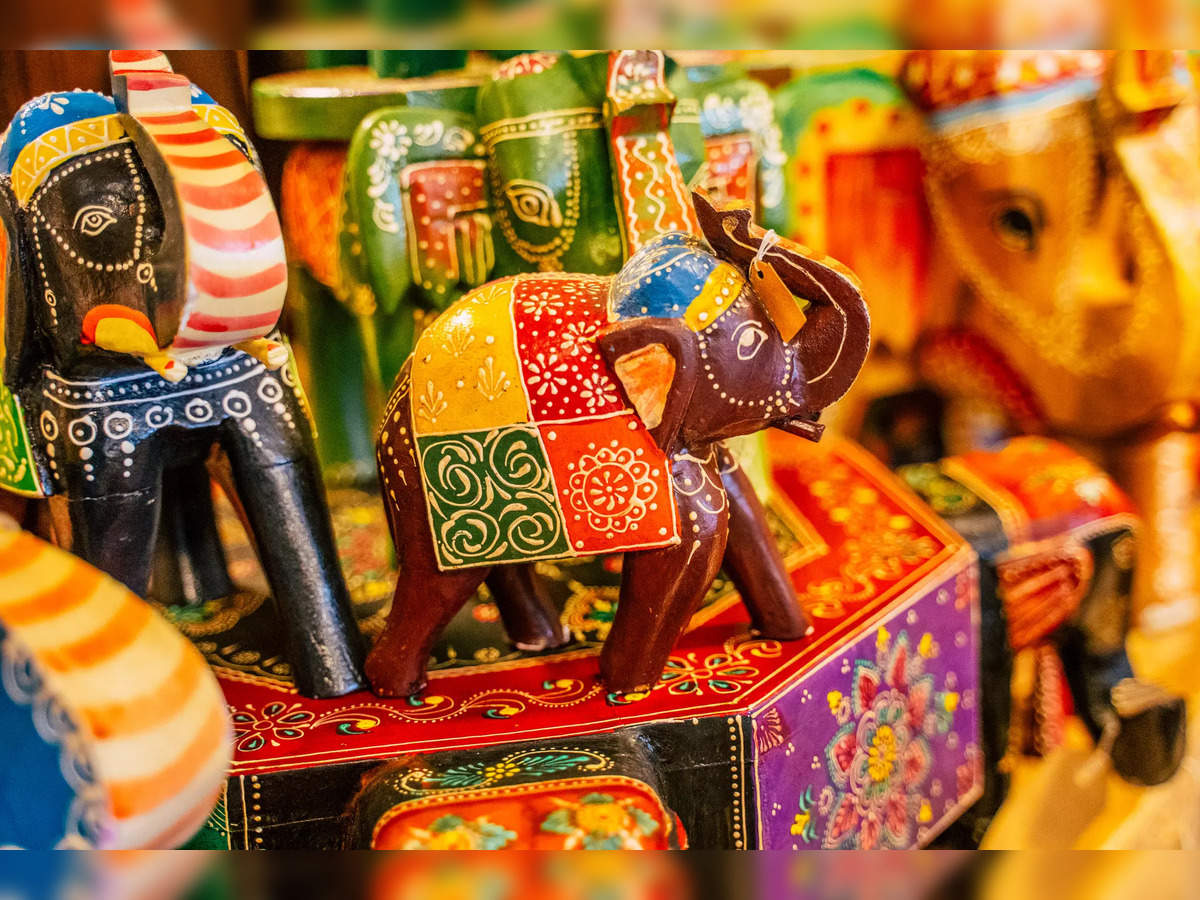
India's toy exports declined marginally to $152.34 million in
2023-24 from $153.89 million in the previous financial year, according to a
report by economic think tank GTRI. The Global Trade Research Initiative (GTRI)
said that India's toy exports did not benefit much from the mandatory quality
control orders.
It said that while the domestic measures were
primarily aimed at boosting local industry and ensuring safety, they did not significantly
enhance India's toy exports.
"From FY'2020 to FY'2022, exports increased modestly from $129.6 million
to $177 million. However, by FY'2024, exports decreased to $152.3
million," the report said.
Imports, however, increased to $64.92 million in 2023-24 from $62.37
million in 2022-23.
Ajay Srivastava, Founder, GTRI stated,
“ The QCO checked substandard imports from China but did not result in higher exports from India.”
Though India has taken decisive steps since 2020 to curb the inflow of
substandard toy imports, especially from China, and strengthen the
domestic toy industry, but "India needs to
take more comprehensive approach for development of the industry," he said
He suggested steps such as developing a robust domestic ecosystem, encouraging
global toy brands to manufacture in India, learning from China, and localise
production of key inputs.
"Invest in research and development to foster innovation in toy design and
functionality, positioning Indian toys competitively on the global stage. Strengthen
partnerships between toy manufacturers and design institutes to continuously
introduce innovative products," Srivastava commented.
The report recommended setting up specialised toy manufacturing hubs to reduce
costs and increase efficiency; modernising traditional Indian toys while
preserving their cultural value to create unique products.
"Support small and medium enterprises in leveraging digital marketing and
promote Indian toys at international fairs to establish global
connections," it said.
It also asked India to invite international toy manufacturers who operate in
China, such as Hasbro, Mattel, Lego, Spin Master, and MGA Entertainment, to consider setting up
production facilities in India.
This move could help shift part of the global toy
production market to India.
Further, it asked to reduce dependency on imports by developing local
production capabilities for critical toy-making materials and components, such
as glass eyes for dolls, beads, imitation stones, various types of plastics,
electric motors, and remote control apparatus.
This step will decrease costs and enhance the self-sufficiency of the Indian
toy industry, the GTRI said.
"Imports of inputs used for making toys is much higher than import of finished
toys. For example, we imported glass eyes for dolls or other toys, beads and
imitation stones of value $137.2 million in FY'2024," Srivastava said.
He added that India needs to make separate strategies for each group of toys
such as plush toys like stuffed animals (world trade is about $7 billion);
educational toys (world trade is about $6 billion); construction toys like LEGO
($10 billion); action figures and dolls ($10 billion); electronics ($15
billion); board games and puzzles ($9 billion); and outdoor and sports toys ($5
billion).
In 2022, the global market imported toys valued at about $60.3 billion.
Dominating this market, China exported toys worth $48.3 billion, securing an 80
per cent share of the global exports.
Other significant contributors to the global toy export market include the
Czech Republic with exports of $3.2 billion, the European Union with $2.7
billion, Vietnam with $1.7 billion, and Hong Kong with $1.1 billion.
In contrast, India's share in the global toy export market is minimal,
totalling $167 million, which represents only 0.3 per cent of the global
exports, ranking it 27th, the report said.
On the import side, India ranks even lower, at 61st, with toy imports amounting
to $60 million.
The largest importer of toys is the USA, which alone procured toys worth $22.2
billion. It is followed by the European Union ($9 billion), Japan ($2.8
billion), and Canada ($1.6 billion).
India raised import duties on toys beginning in February 2020. The basic customs duty was increased from 20 per cent to 60 per
cent and then to 70 per cent in July 2021.
Implemented from January 2021, the QCO mandates that all toys sold in India,
whether domestically produced or imported, must comply with specific Indian
Standards for safety.
Related Stories

India’s Solar Waste May Reach 11 Million Tonnes by 2047
The country’s installed solar capacity has already crossed 85 GW, and with the target of 500 GW of renewable energy by 2030, waste volumes are expected to rise sharply in the coming decades.
Read more
JK Tyre Launches India’s First Embedded Smart Tyres, Setting New Mobility Benchmark
The Embedded Smart Tyres will be available in the aftermarket through JK Tyre’s dealerships, initially in sizes ranging from 14 to 17 inches.
Read more
GlobalFoundries India Strengthens Fabless Ties at TeknIka 2025
Foundry Connect Program supports semiconductor startups in design-to-fab journey
Read moreRelated Products
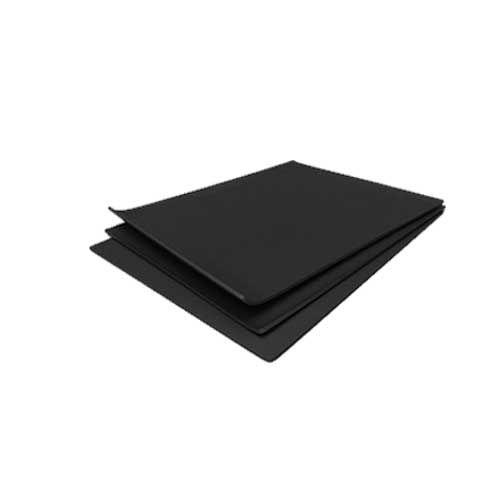
Rubber Sheets Material
Talbros Sealing Material Pvt Ltd offers a wide range of rubber sheets materi Read more
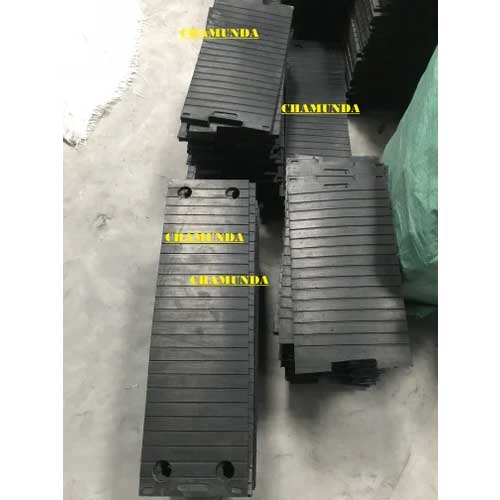
Rail Rubber Pad
Chamunda Enterprise offers a wide range of rail rubber pad.
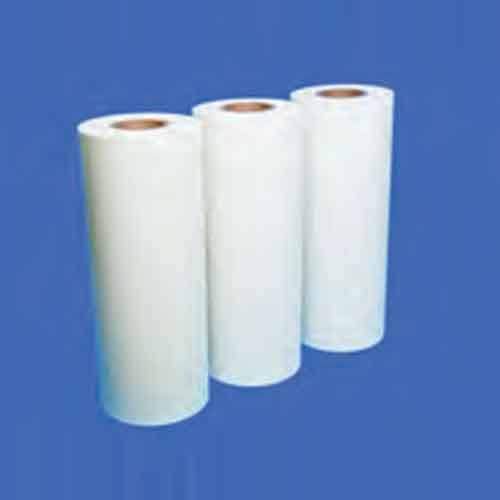
Insulation Polyester Film
TMA International Private Limited offers a wide range of insulation polyester film.






